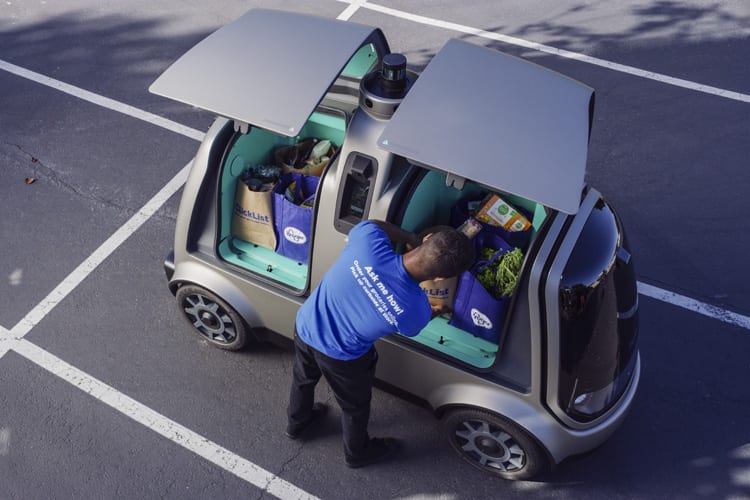The future landscape of the automotive industry looks very different from its past and with autonomous vehicles moving from a design blueprint to reality on our roads it means that traffic laws will have to adapt to these changing circumstances.
With driverless trucks taking to the highways to deliver goods across the country it is highly relevant to look at the implications of a potential accident or violation when a human driver is not in control of that vehicle.
Here is an overview of how the introduction of autonomous delivery and cargo trucks will impact the current driving laws.
The future role of human drivers
A fundamental point to remember is that we are still a long way off a scenario where trucks are hauling cargo around the country with no human operator anywhere to be seen.
Also, the human touch will always be required in certain circumstances and if you are involved in a collision you will want to appoint semi truck accident lawyers who are tough, but compassionate too, who will look after your interests and understand the legal implications.
Technology is evolving at a pace and where we are at at the present time is a sort of halfway house in which modern vehicles are making use of available technology such as cameras, sensors, and automatic braking, in order to keep the occupants as safe as possible.
Therefore, it is still very much the case that human drivers are expected to take an active role in the control and navigation of their vehicles.
Current regulations
The current situation is that self-driving trucks are legally regulated at a state level and only about a third of states have actually passed laws that specifically relate to autonomous vehicles.
The federal government appears to be in a state of hesitancy and uncertainty and many of the current official views tend to be more a case of recommendations regarding safety protocols rather than being specific regulations.
Self-driving trucks not included
The most prominent piece of legislation passed so far with regard to autonomous vehicles is the SELF DRIVE Act, which was unanimously passed in 2017, however, this act excluded self-driving trucks.
The reason for this was primarily due to union concerns who are fearful of a cull of truck drivers once automation takes hold. Regulations are likely to catch up at some point with regard to self-driving trucks but it is a gray area at present.
Getting compensation
In light of this situation the burning question is what sort of action can you take and what level of compensation will you be able to claim if you are involved in a collision with a self-driving truck.
When you consider how confused and unsure lawmakers appear to be regarding autonomous vehicles at the moment it highlights how important it could be to get some professional legal guidance if you are unfortunate enough to be involved in a collision with a truck, especially one that is completely self-driven, or somewhere between the two.




